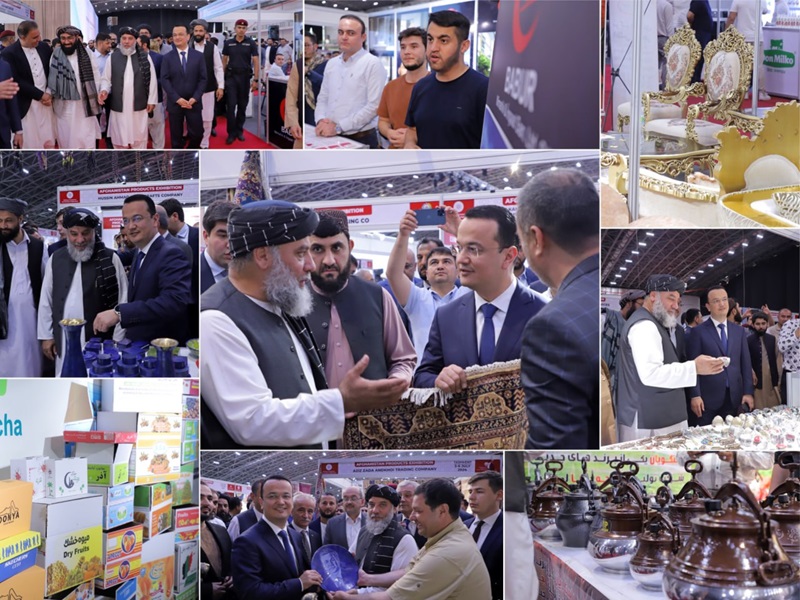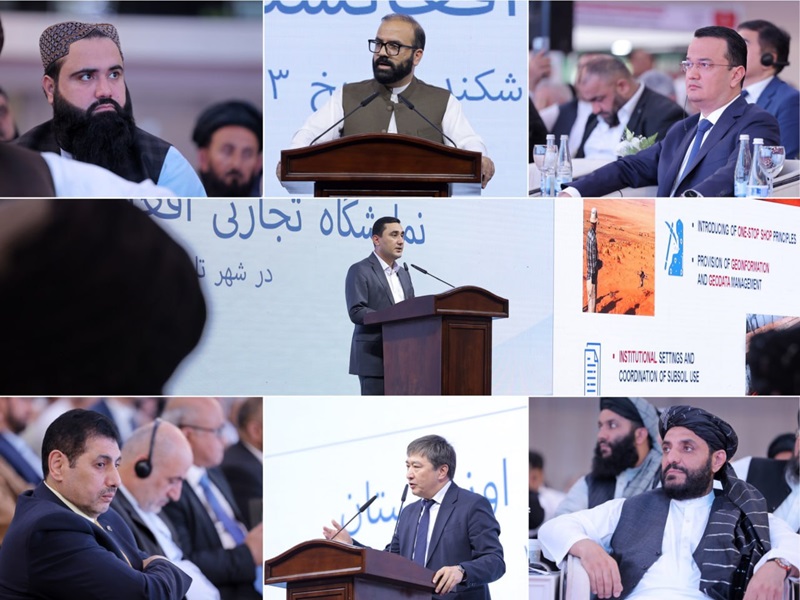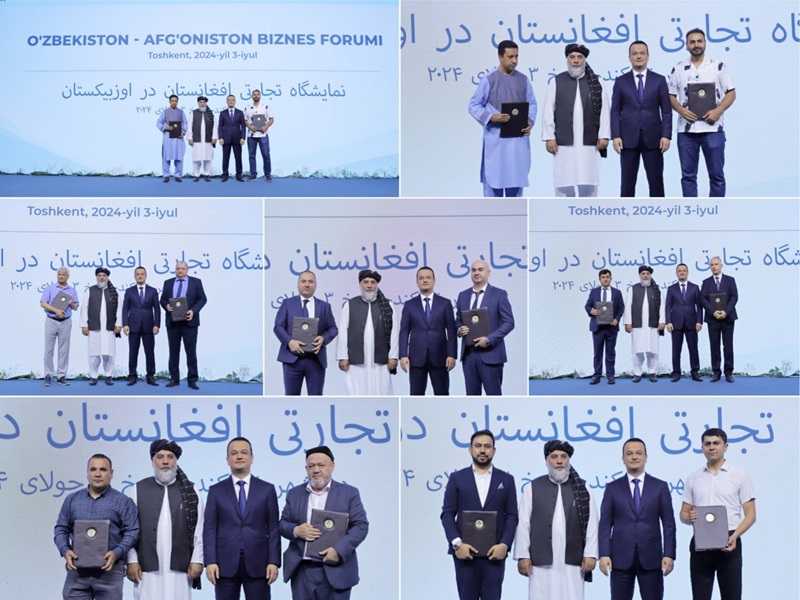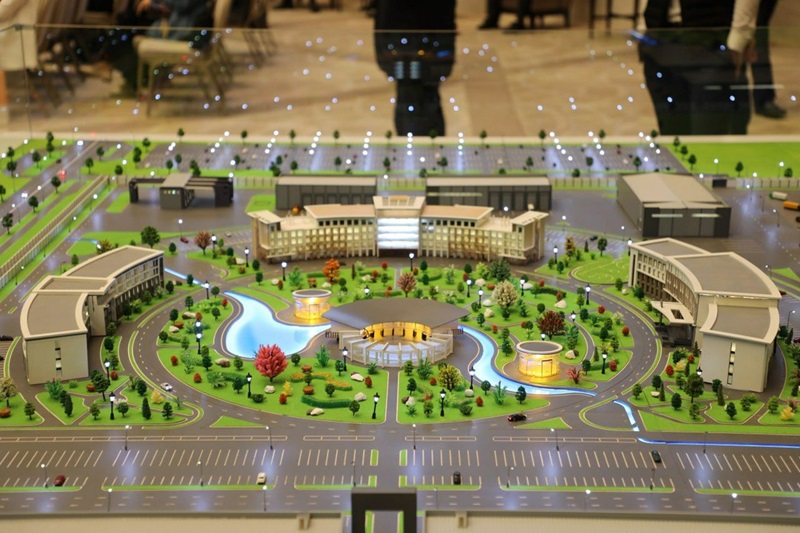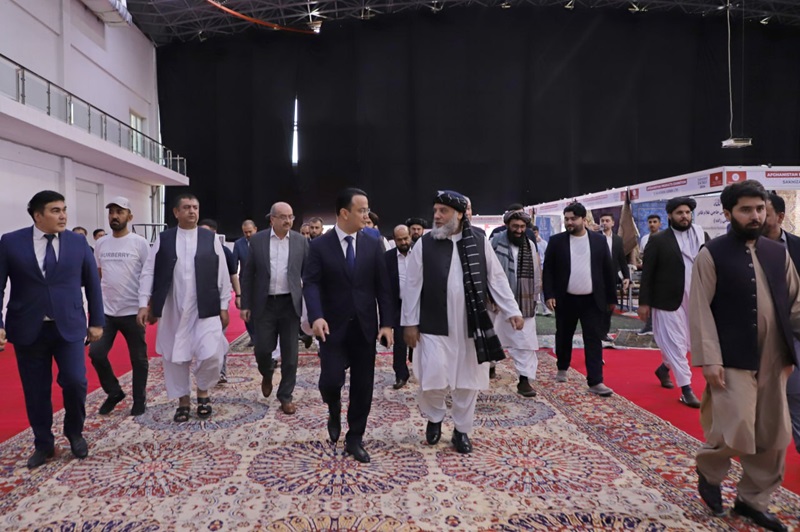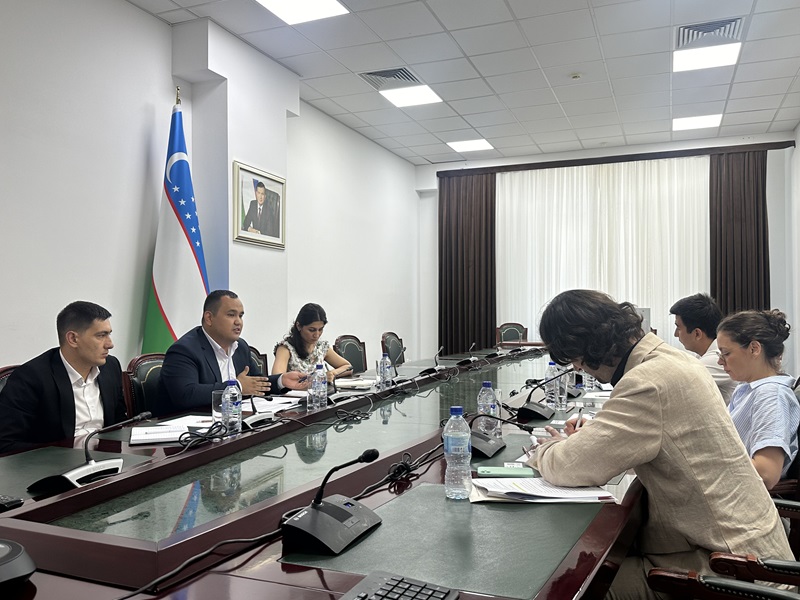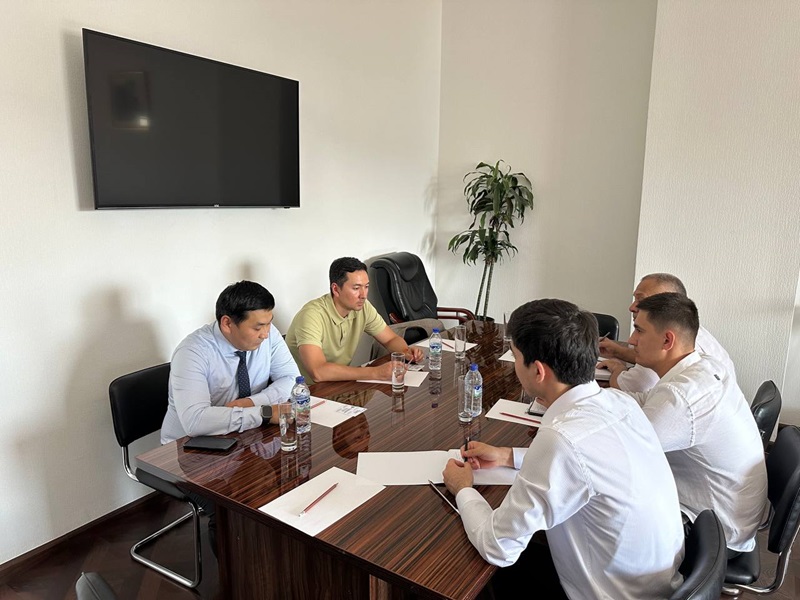🇺🇿On July 3 this year, Tashkent hosted the Uzbek-Afghan Business Forum, which saw the participation of Laziz Kudratov, Minister of Investment, Industry, and Trade of the Republic of Uzbekistan, and Nuriddin Azizi, Minister of Industry and Trade of Afghanistan. The event also welcomed leaders from relevant ministries and agencies, industry associations, and over 1,000 business representatives from both nations.
🟠The forum identified several promising avenues for collaboration, including the expansion of the mutual trade assortment, bolstering cooperation between manufacturers and exporters, intensifying entrepreneurial contacts, and increasing the frequency of joint business events and visits involving the business sectors of both countries.
🟠Highlighted were initiatives aimed at further enhancing mutual trade, such as implementing a 24-hour border crossing regime, establishing trading houses, and carrying out significant transport and infrastructure projects, all intended to stimulate an increase in product exports to regional markets.
🟠In conjunction with the forum, delegations toured the “Made in Afghanistan” industrial product exhibition, which displayed offerings from 75 leading Afghan companies operating in sectors such as jewelry, textiles, food, electrical engineering, mining, transportation, and logistics.
🟠On the exhibition grounds, B2B and G2B negotiations took place, providing entrepreneurs with opportunities to forge new beneficial connections and discuss the technicalities of potential joint ventures and trade agreements.
🟠The forum concluded with the signing of several trade agreements in the chemical and agricultural industries, as well as an accord to establish a logistics center.
✍️Afghanistan ranks as Uzbekistan’s fifth-largest export market. Over the past five years, mutual trade between the two countries has nearly increased by 1.5 times, reaching $866 million in 2023. Presently, Uzbekistan is home to 550 enterprises with Afghan investment, including 443 with 100% Afghan capital. These enterprises are involved in joint projects across various sectors, including the food industry, construction materials, agriculture, tourism, and textiles.
Другие новости и события
Any use (reproduction, publication, copying, reprinting, distribution, translation, broadcasting, processing and other methods of distribution) of the materials of the Investment Portal - Invest.gov.uz, without indicating the original source and a link to the Portal is strictly prohibited!

